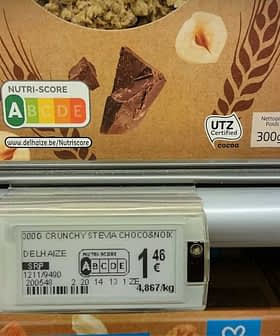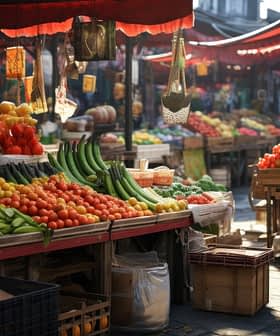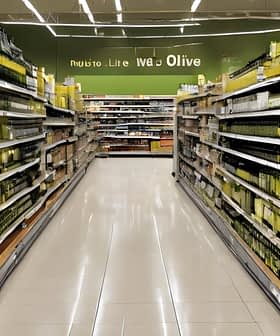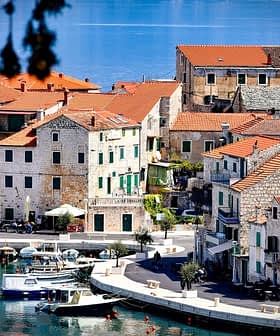E.U. Set to Approve Future Common Agricultural Policy

The European Union has approved a new Common Agricultural Policy (CAP) that will be in place from 2023 to 2027, focusing on fairness, environmental consciousness, and flexibility. The CAP will require member states to develop strategic plans tailored to their unique needs, with a focus on supporting small and medium-sized family farms, young farmers, and environmental sustainability.
The European Union is set to approve a new Common Agricultural Policy (CAP) this week after the European Parliament and Council reached a political agreement on Friday.
The European Commission said the new CAP, which comes into force in January 2023 and runs through 2027, will be fairer, more environmentally conscious and flexible.
The new CAP combines higher environmental, climate and animal welfare ambitions with a fairer distribution of payments, especially to small and medium-sized family farms as well as young farmers.
Once it has been formally approved by the E.U. Agricultural Council, it will be up to each member state to prepare a strategic plan to implement the CAP over the next five years.
E.U. officials said that this different approach to the CAP will allow local policymakers to tailor the plan to the unique needs of their respective countries.
See Also:Europe Plans to Triple Agricultural Land Dedicated to Organic Farming by 2030“The new CAP combines higher environmental, climate and animal welfare ambitions with a fairer distribution of payments, especially to small and medium-sized family farms as well as young farmers,” Agriculture Commissioner Janusz Wojciechowski said.
“I now count on member states to develop ambitious CAP strategic plans that are in line with our objectives and that will provide the right tools to support our farmers in the transition to a sustainable food system,” he added.
The European Commission emphasized that this CAP will be more supportive of workers than previous ones.
Any CAP beneficiary will have to respect European labor laws to get the funding. Member states will also be required to redistribute 10 percent of the income support benefits to small farmers. A further three percent of each member state’s budget is earmarked for young farmers, defined as under the age of 40.
The new CAP will also provide more strict environmental requirements for farmers who would like to receive funding. The European Commission said the goal of this is to have the CAP complement the European Green Deal and Farm to Fork Strategy.
The CAP budget will “contribute significantly” to the E.U.’s overall climate spending, stipulating that member states must allocate at least 25 percent of their strategic plan budgets to ecoschemes, which will reward farmers for organic farming practices, agroecology and integrated pest management.
“The agreement reached today [Friday] marks the start of a real shift in how we practice agriculture in Europe,” said Frans Timmermans, the first vice president of the European Commission.
“In the next years, we will protect wet- and peatlands, dedicate more farmland to biodiversity, boost organic farming, open up new income sources for farmers via carbon farming and begin to redress inequalities in the distribution of income support,” he added.









